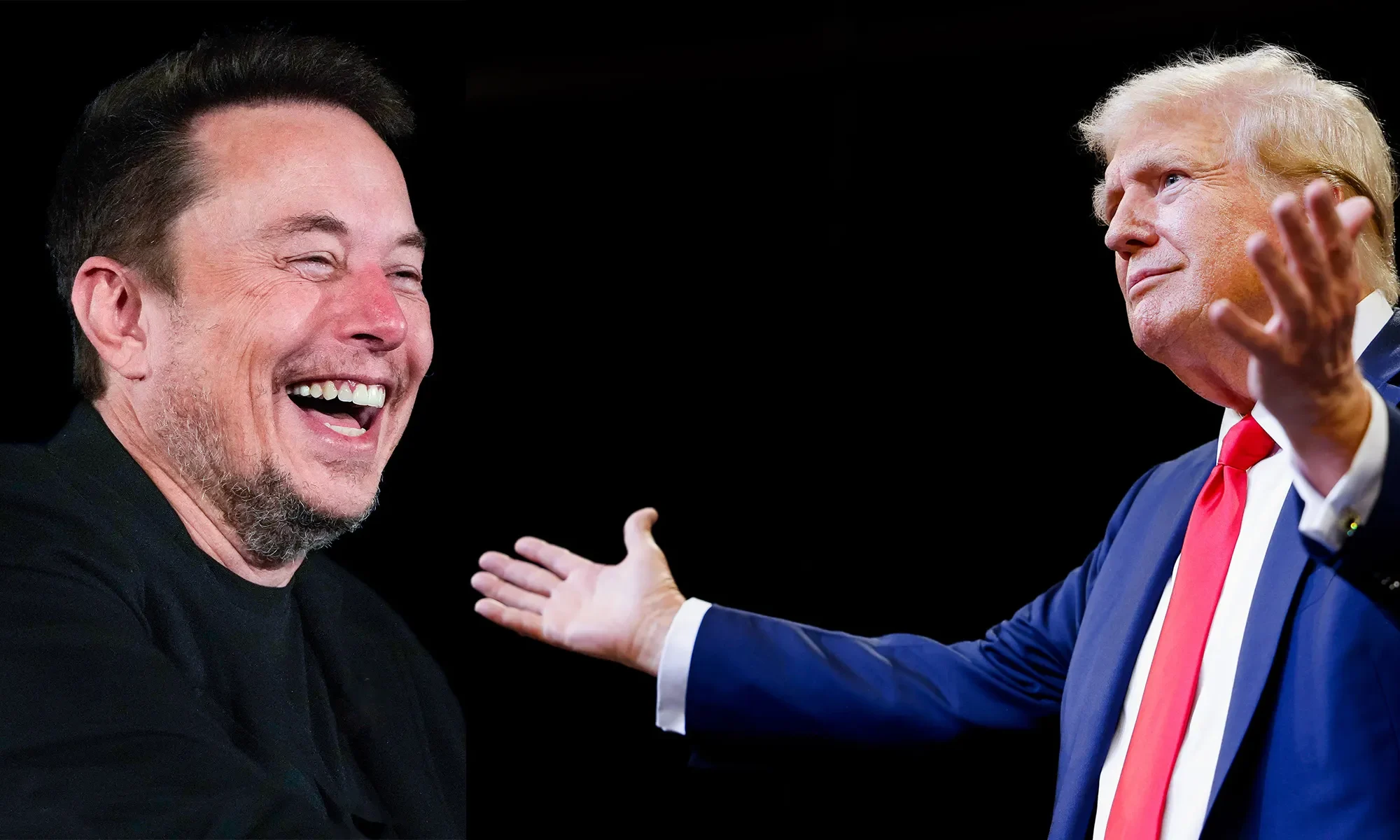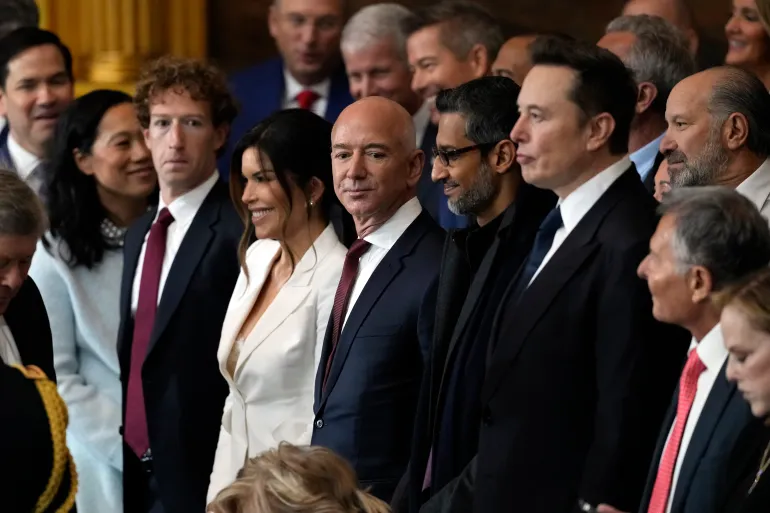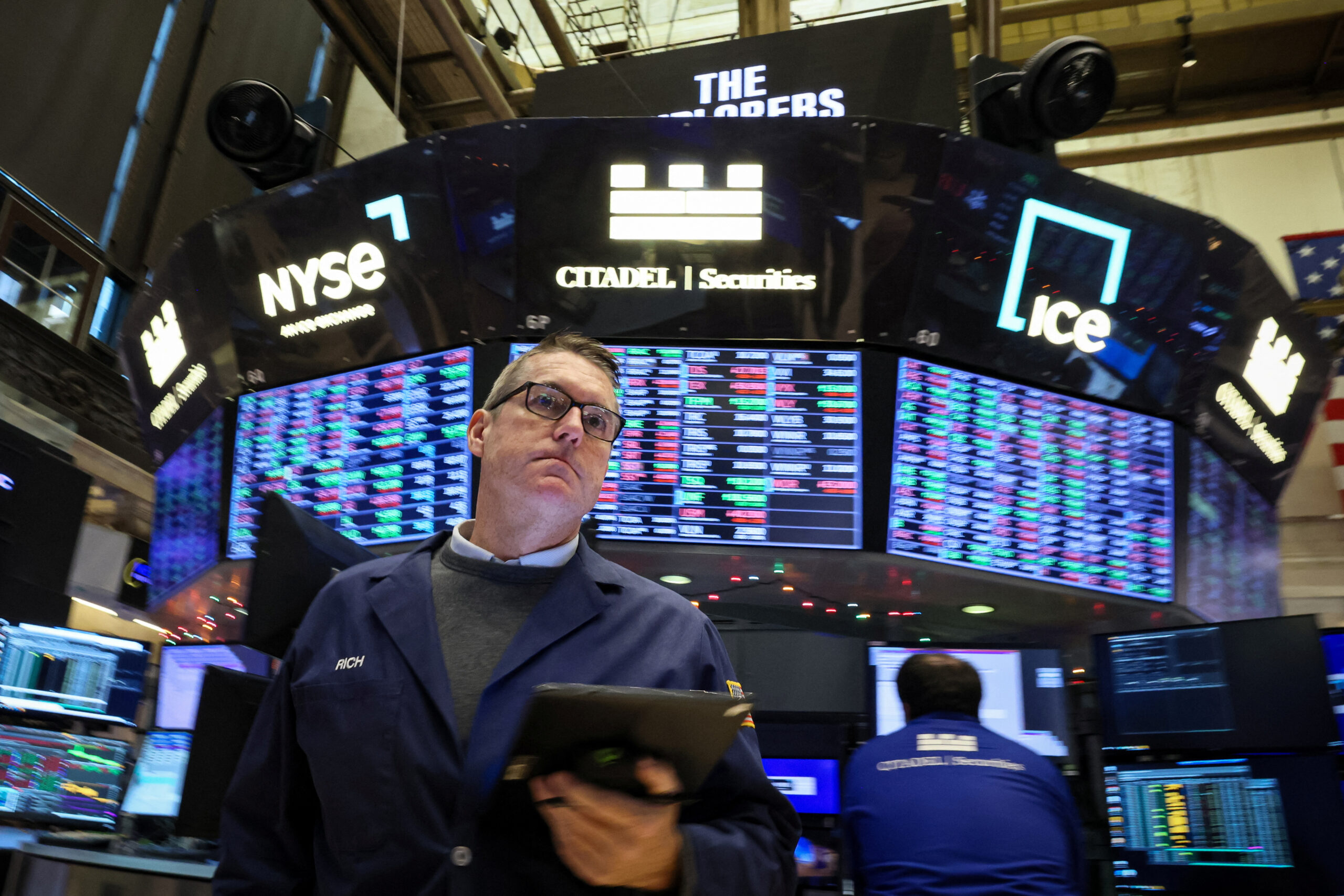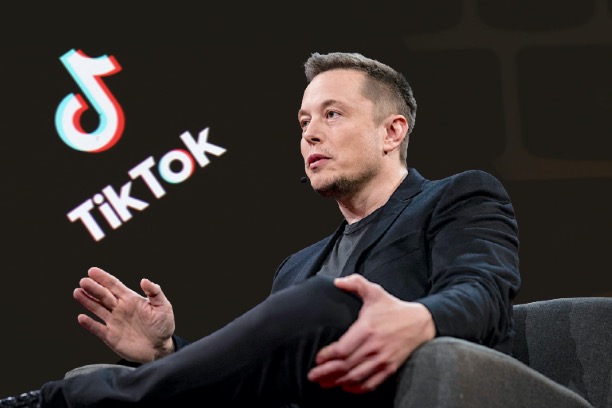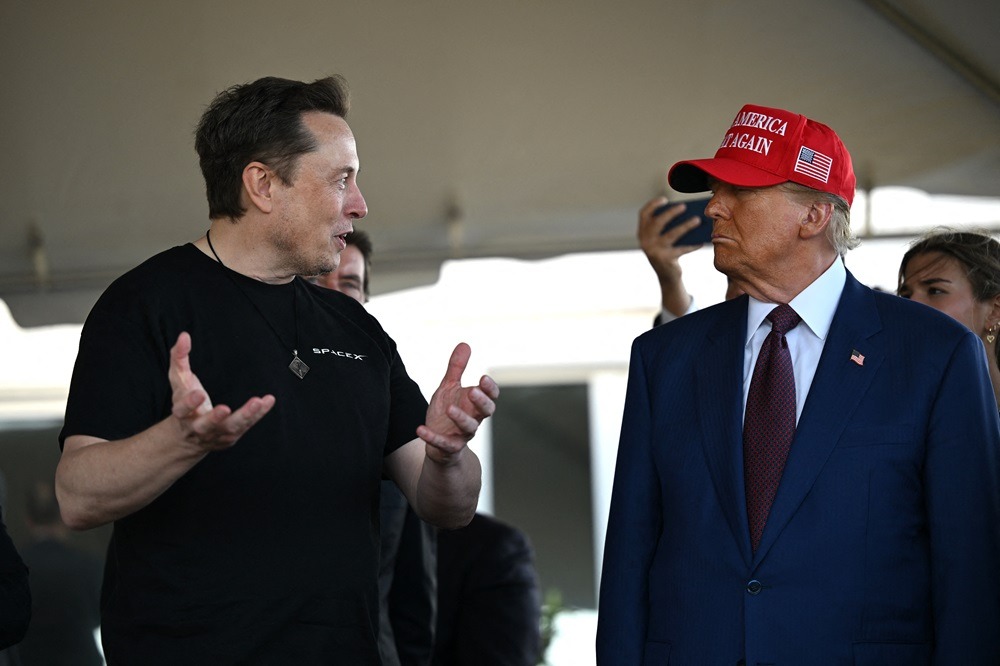
Sen. Elizabeth Warren, D-Mass., demanded information on if Elon Musk’s governmental work will be subject to conflict-of-interest rules, as President-elect Donald Trump has so far rebuffed concerns that Musk’s work with Trump could benefit the Tesla CEO’s own companies.
Key facts
- Warren sent a letter to Trump asking questions about what ethics rules, if any, Musk has agreed to concerning his work with the government, as Trump has tapped the billionaire to co-lead the “Department of Government Efficiency” (DOGE)—a group that will work with the Trump administration but formally operate outside of the government.
- Trump’s transition team has put ethics rules in place for its members that prohibit them from working on efforts that pose a conflict of interest, and Warren asked if Musk is following those guidelines or recusing himself from any discussions, noting his companies—notably Tesla and SpaceX—benefit from government contracts and “have an ongoing interest in how the government does or does not enforce” various laws.
- Though Musk is not a federal employee, “the need for him to be subject to similar ethics standards is obvious,” Warren wrote, arguing not imposing any rules around his governmental work “is an invitation for corruption on a scale not seen in our lifetimes.”
- Warren requested the Trump transition team answer what ethics standards will apply to Musk as the co-chair of DOGE, if he’ll recuse himself from any work that could impact his companies, whether DOGE’s records will be publicly accessible like government records are, and for details about Musk’s conversations with other tech leaders about his governmental work and what advice they’re giving him.
- In a statement to The Washington Post, which first reported Warren’s letter Tuesday, Trump spokesperson Karoline Leavitt decried Warren’s letter and used Trump’s widely criticized nickname for the Democratic senator, saying, “Pocahontas can play political games and send toothless letters, but the Trump-Vance transition will continue to be held to the highest ethical and legal standards possible—a standard unfamiliar to a career politician whose societal impact is 1/1024th of Elon Musk’s.”
- Leavitt did not specify whether Musk will be subject to ethics rules.
Crucial quote
“Mr. Musk’s substantial private interests present a massive conflict of interest with the role he has taken on as your ‘unofficial co-president,’” Warren wrote to Trump. “Currently, the American public has no way of knowing whether the advice that he is whispering to you in secret is good for the country—or merely good for his own bottom line.”
What has Trump said about Elon Musk’s work?
Trump was asked about Musk’s conflicts of interest in an interview with TIME published last week and similarly rebuffed concerns about the billionaire using Trump to benefit his companies. “I don’t think so,” Trump said when asked if Musk’s work posed a conflict, later saying, “I think that Elon puts the country long before his company.” “He considers this to be his most important project, and he wanted to do it,” Trump continued, referring to Musk’s work with the president-elect. “And, you know, I think, I think he’s one of the very few people that would have the credibility to do it, but he puts the country before, and I’ve seen it, before he puts his company.”
Forbes valuation
Forbes estimates Musk’s net worth at $454.5 billion as of Tuesday morning, making him the richest person in the world. The Tesla CEO has become the richest he’s ever been in the wake of Trump’s election as Tesla stock has climbed, far surpassing his previous net worth record of $320.3 billion that Musk set in November 2021.
Is Elon Musk subject to ethics rules?
While employees of government agencies are subject to strict ethics rules, outside advisory committees—like DOGE appears to be—typically do not have the same level of scrutiny, with experts noting to USA Today they’re often populated with people from the private sector that are chosen to give advice based on that expertise. Experts noted DOGE has a far wider reach than those committees, however, so it’s unclear if Musk and co-chair Vivek Ramaswamy will be held to a different standard. “The assumption is you’re bringing in people actually in from the industries to give advice on policies, and you know they’re conflicted, but you want to hear them,” Columbia Law School professor Richard Briffault told USA Today about typical federal advisory committees—but DOGE “takes it to a level far greater than any other advisory committee,” he added. There are some cases in which members of advisory committees are classified as “special government employees” who are subject to ethics rules, with the Office of Government Ethics defining those workers in 2005 as any “‘officer or employee . . . who is retained, designated, appointed, or employed’ by the Government to perform temporary duties” for no more than 130 days per year. Trump has not given any indication that DOGE’s work is only temporary, however, so it’s unclear if that designation could apply to Musk.
Key background
Musk became one of Trump’s most outspoken supporters ahead of the election, donating more than $200 million to PACs backing Trump’s election and speaking out in favor of the ex-president on social media and at campaign events. The Tesla CEO and his businesses stand to heavily benefit from a favorable presidential administration, with The New York Times reporting Tesla and SpaceX alone have held $15.4 billion in government contracts over the past decade. There have also been at least 20 recent federal investigations or reviews targeting Musk’s companies, according to The Times, which the incoming Trump administration could put to an end, and the billionaire stands to influence governmental agencies charged with creating the regulations that Musk’s companies have to follow. In particular, the Trump administration’s rules around self-driving cars and electric vehicle credits are expected to impact Tesla. Musk has broadly called for there to be less “government waste” and regulations, and lobbied Trump for a role helping to improve “government efficiency” even before the election. Warren’s letter pushing for more guardrails around Musk’s role comes as the Democratic senator has been a frequent critic of Musk and big tech companies and corporate interests. Prior to her letter to Trump, Warren also sent Tesla’s board of directors a letter in August, warning the board was not sufficiently addressing Musk’s conflicts of interest with his other companies and she could ask the Securities and Exchange Commission to intervene.

